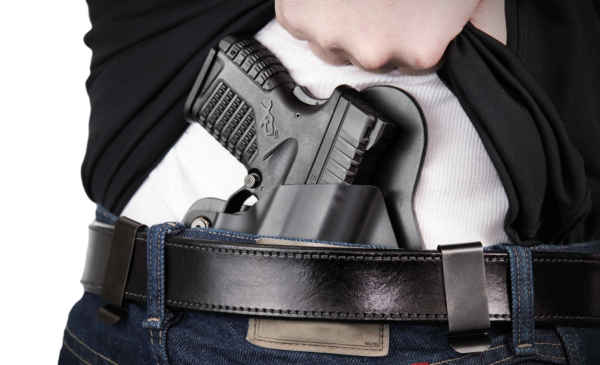The Sixth Circuit Court of Appeals revived a 2012 court case this week that challenged a federal law banning people who had ever been committed to a mental health institution from ever owning a firearm.
Plaintiff Clifford Tyler was committed to a mental institution 30 years ago after a divorce, but has not had any mental health issues since. When he attempted to purchase a gun in 2011, a background check reported his prior commitment and he was unable to complete the purchase. Tyler filed suit, alleging that the 1968 law created a permanent ban and violated his Second Amendment rights.
His case, Tyler v. Hillsdale County Sheriff’s Department, was dismissed at the federal district court level, but the Sixth Circuit Court of Appeals reversed the opinion in a 10-6 decision and remanded the matter for hearing.
Via The Wall Street Journal:
Judge Julia Smith Gibbons, writing for the Sixth Circuit majority, said government lawyers offered compelling evidence for prohibiting people currently or recently suffering from mental illness from possessing a gun. That evidence included the 2007 Virginia Tech massacre, committed by a student whom a court had ordered into outpatient treatment.
But, she wrote, “none of the government’s evidence squarely answers the key question at the heart of this case: Is it reasonably necessary to forever bar all previously institutionalized persons from owning a firearm?”
Mr. Tyler sued the U.S. attorney general and his local sheriff in Hillsdale County, Mich., in 2012, alleging that the Gun Control Act of 1968 effectively created a permanent ban on his Second Amendment rights. A federal trial court dismissed his lawsuit, and Mr. Tyler appealed to the Cincinnati-based Sixth Circuit.
Read more here.



